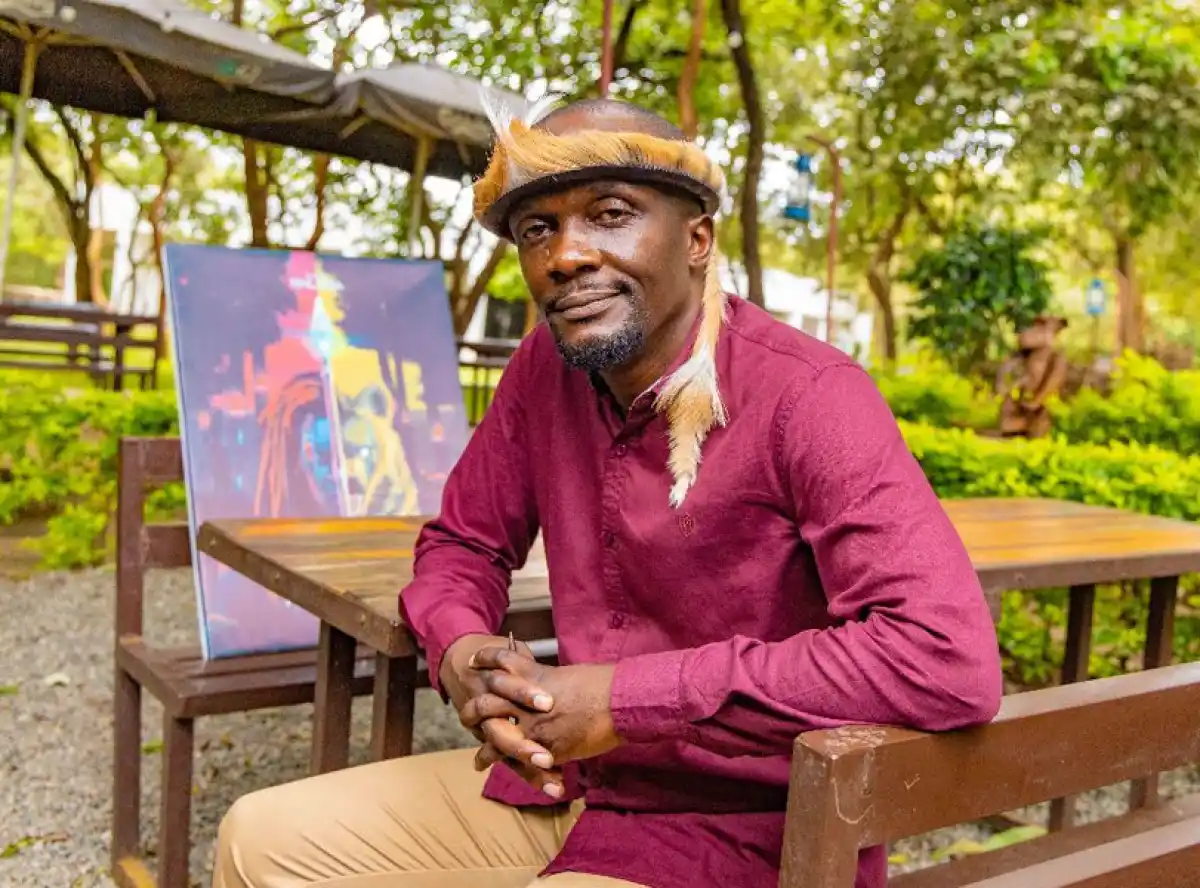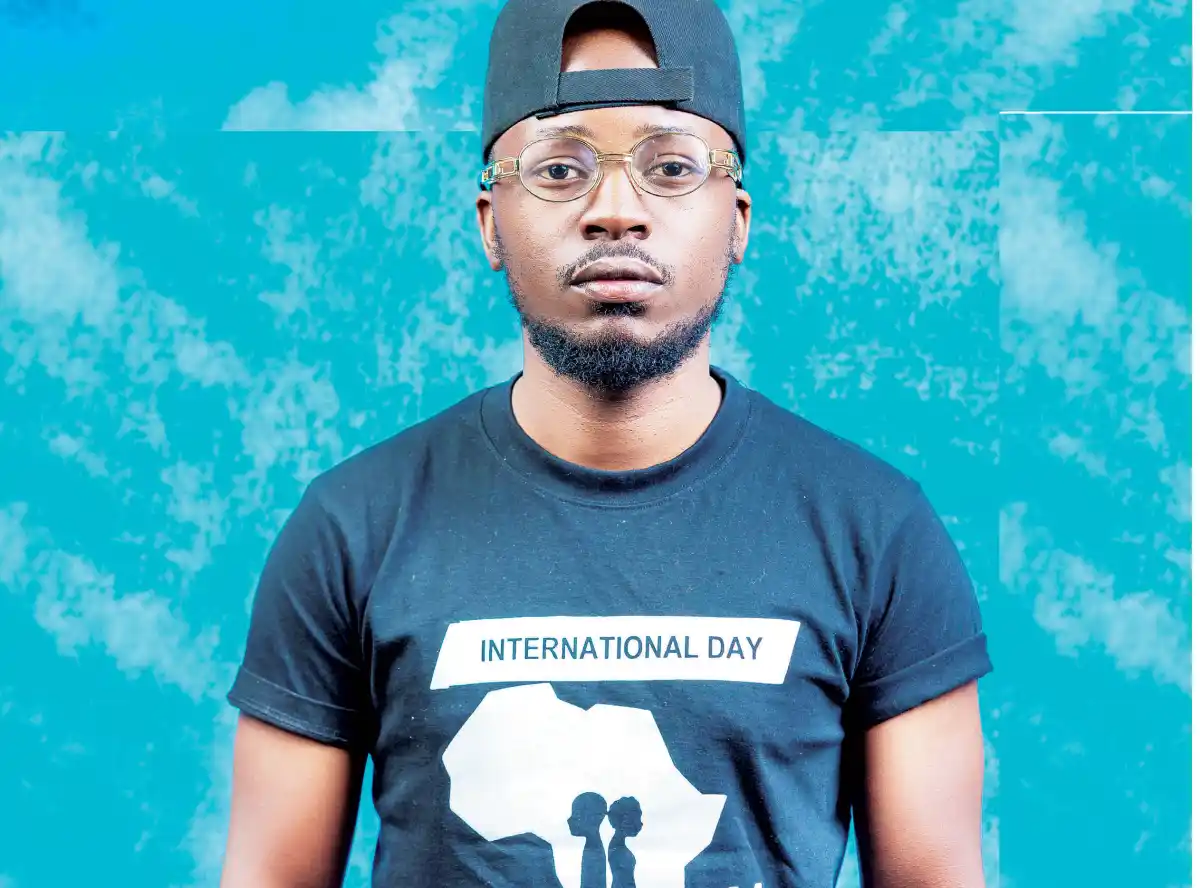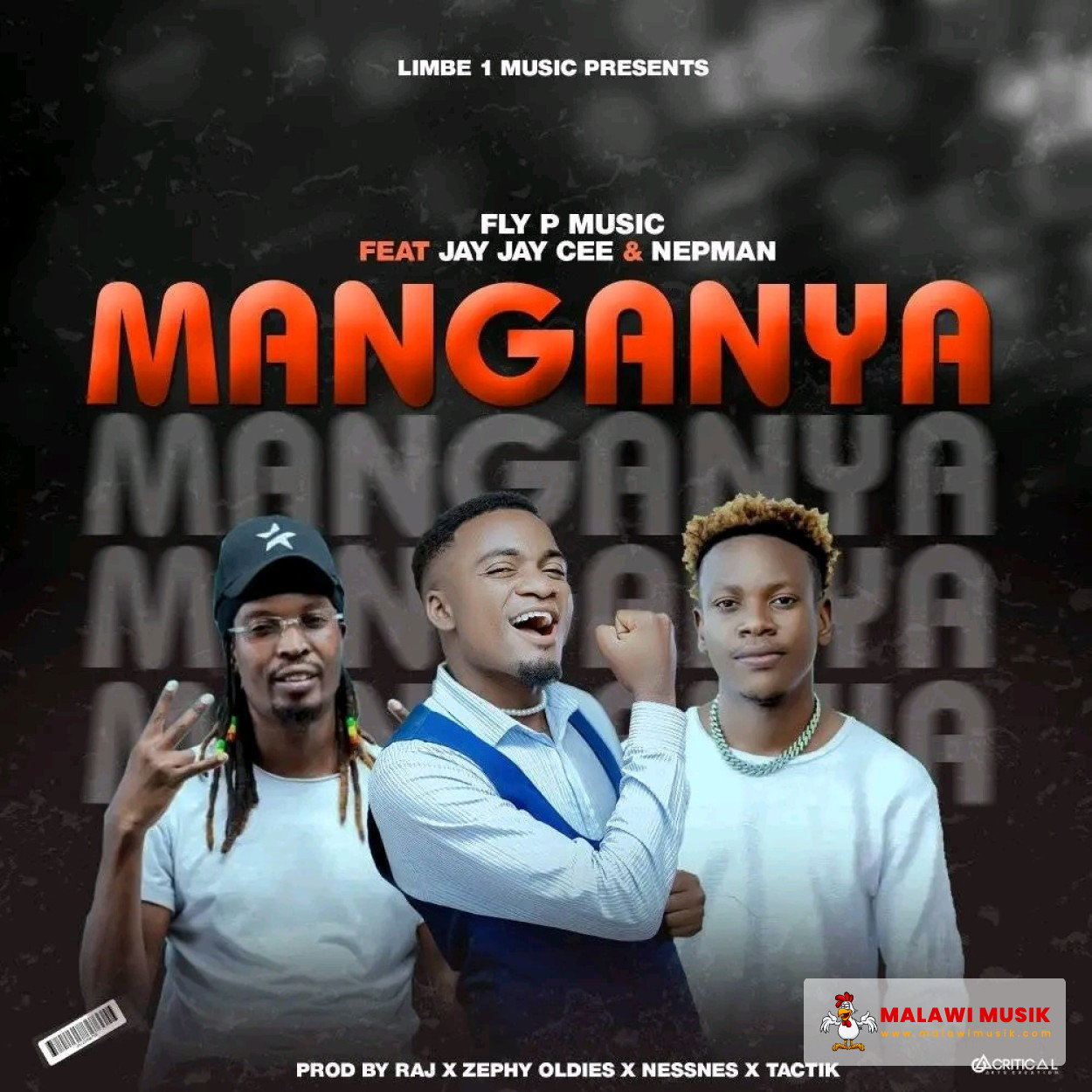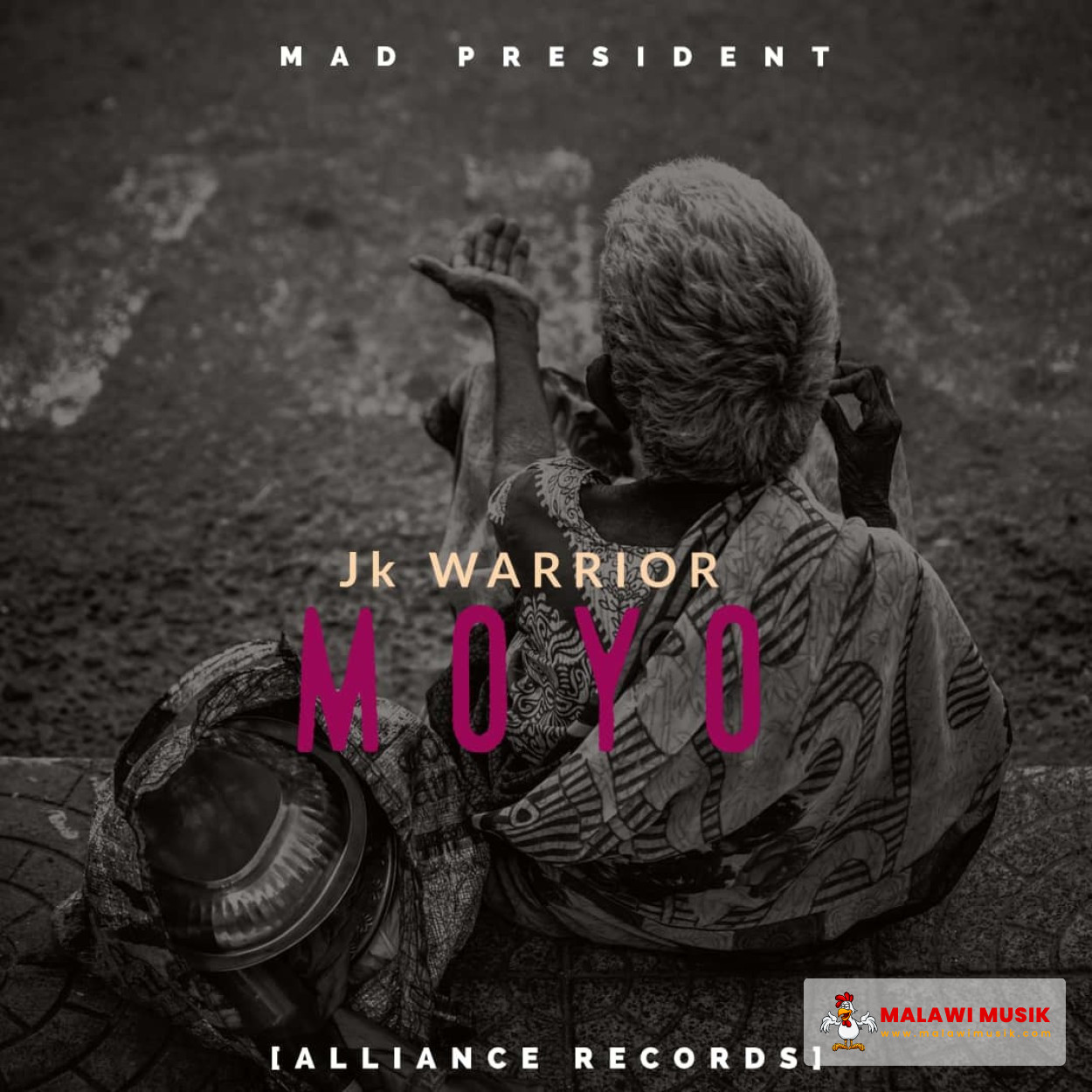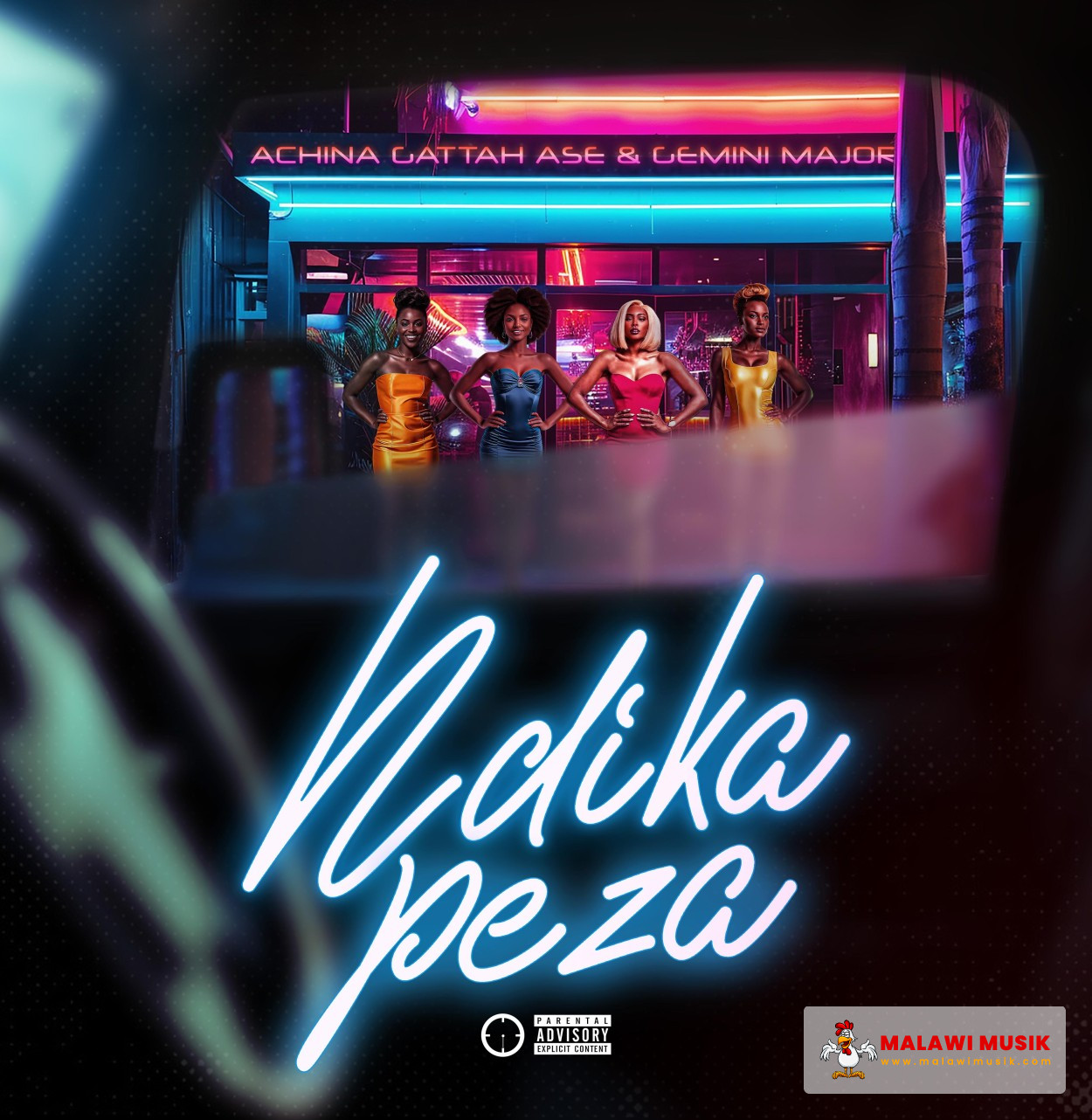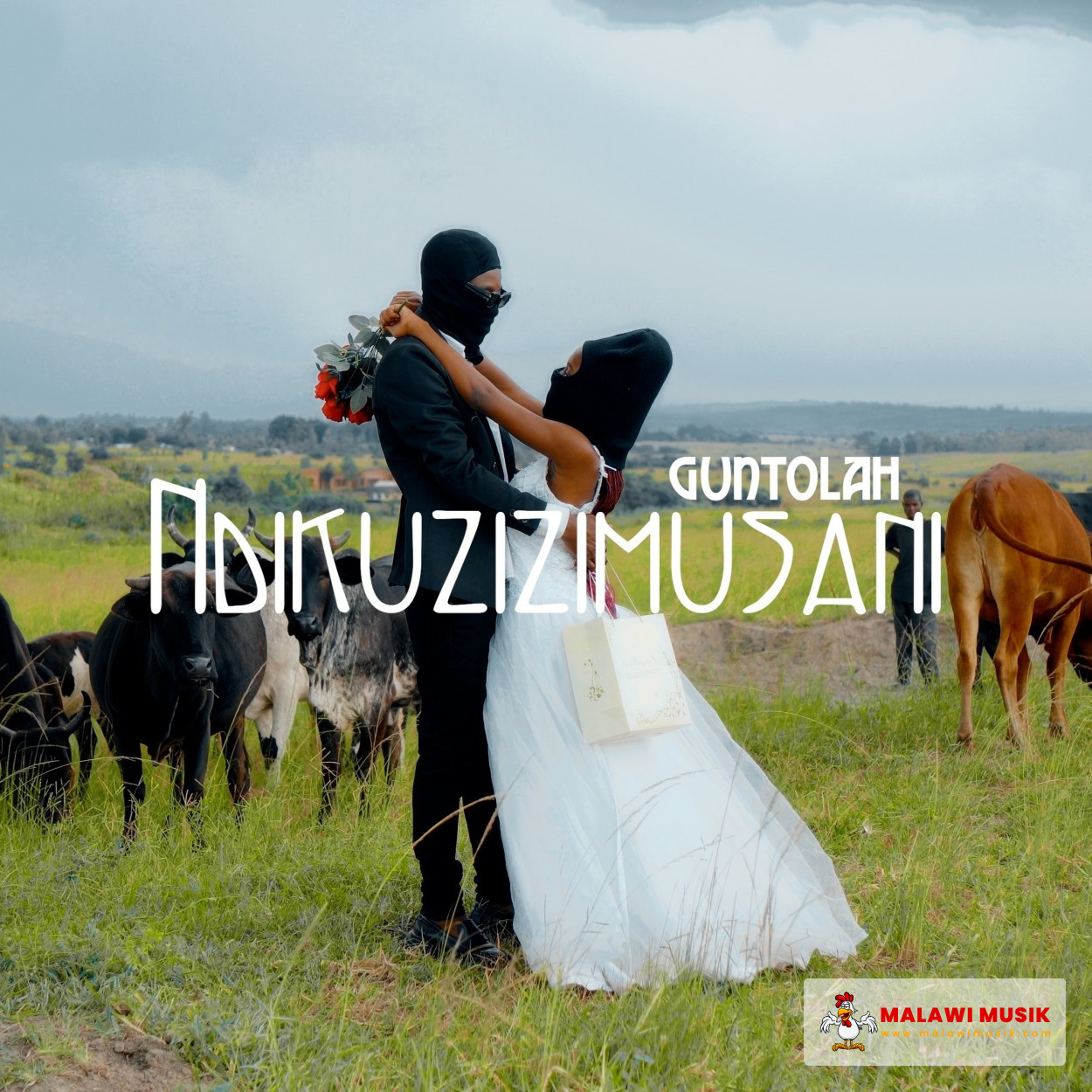
By Ainehi Edoro:
For most of us, a bad day at work could be an unkind email from a boss. For Grace Zulu, the lead character in Iris Mwanza’s The Lions’ Den, a bad day at work is being pushed to the ground by a power-hungry police officer.
It is also your daily reality when, as a rookie lawyer, you attempt to take on the entrenched homophobia and corruption of a nation’s legal system.
Mwanza’s debut novel, The Lions’ Den, is a legal thriller. It tells the story of a lawyer and her fight for a queer Zambian dancer who disappears without a trace from police records following his arrest.
This is Mwanza’s first novel, and the world of the novel is built from her deep understanding of how legal systems can fail to work in ways that place excluded communities in even more harm.
Mwanza has worked as a corporate lawyer in Zambia, where the story is set, and in the US. She is currently a director at the Bill & Melinda Gates Foundation where she works on gender inequality. In this book, she shines a light on the darkness at the heart of legal systems that are designed to protect the powerful and expose vulnerable populations to violence.
From the opening scene, you find yourself rooting for the main character. Grace’s experience when she went on a routine visit to see her client at the police station should have been a deal breaker. Most people would become discouraged and likely accept their boss’s option of passing the case off to another colleague. But not Grace.
Her client is a 17-year-old queer dancer named Willbess Mulenga, known as Bessy by everyone. Bessy is a charming teenager, loved by his family but has had to navigate a life of physical abuse from schoolmates for presenting as feminine. One day, a fight takes place in the gay bar where he works as a dancer, and he is later arrested and charged for having sex with another man. He is arrested under Zambia’s penal code prohibiting same-sex relations— a carryover from colonial anti-sodomy laws, that defines such acts as “against the order of nature.” Under this law, a conviction could result in anywhere between 15 years to life imprisonment.
On their first meeting at the police station, Grace is shocked to see the police beating her client. When she tries to intervene, a policeman shoves her to the ground so hard that she passes out. Expecting her boss to raise hell with the police department, file complaints of police brutality, and ensure their client’s safety, she is surprised to learn that the police station is essentially untouchable.
Freshly assaulted and shaken by the experience to the point of tears, Grace is offered the choice of moving on to another case. But her instinct tells her that she is the only one who can do right by Bessy. And with the law firm handling the case pro bono, between the low-key and overt homophobia of her colleagues, her instinct is right.
This is a hard lesson for a lawyer who grew up in Nyamphande, a village in the Petauke district of eastern Zambia. Bessy is her first case, and it is pro bono. Freshly graduated from law school and fueled by a sense of righteous anger at the injustice of the boy’s treatment, the ridiculousness of the anti-gay laws, the dysfunction of the legal system, and the corruption of the police department, Grace has a lot of growing to do. But most of all, taking Bessy’s case takes her down a rabbit hole of mystery and adventure. It lets her grow as a lawyer, taking her out of her comfort zone into situations that open her to new experiences. Her life as a good, studious young woman, a bit of a nerd, changes as she navigates the marginalized and world of sex work in queer communities. She makes unlikely partnerships that aid her fight. She opens up to love and some romance. She mobilizes communities.

The novel is a beautiful read—short, gripping, and full of intriguing characters. It blends legal procedural and activism. It is refreshing to see more African thrillers emerging lately. Grace reminds me of other strong female leads in social justice thrillers like Amaka from Leye Adenle’s Lagos series and Emma Djan from Kwei Quartey’s detective series. These women are fierce, passionate about justice, and ready to take on the world. They’re not perfect—they have their flaws and vulnerabilities—but they are relatable. Following Grace’s train of thought is thrilling as she explores clue after clue, question after question all the while putting up with by institutional sabotage and frustrated by a corrupt police department and broken legal system. Grace is the rookie lawyer taking on power. But her bravery is only one side to her. Mwanza gives her a rich backstory and presents a past filled with struggles that explain her determination to help Bessy.
In the background of the novel is the recent wave of criminalization of same-sex love in African countries and other parts of the world. Mwanza’s characters illustrate the harm of these laws. From Nigeria to Uganda to Ghana, same-sex communities are under siege, made vulnerable to abuse and discrimination through laws that criminalize their existence and implicitly say that it is okay to violate their bodies.
While there has been rapid growth in the African queer writing in general, The Lions’ Den contributes to the genre by exposing systemic face of anti-queer violence. The novel exposes how the legal system, everyday politics, cultural prejudices, and diverse contexts of intimacy conspire to make queer lives unlivable. We’ve all read about these legislations passed and while they are abhorrent, they can seem abstract and distant.
Novels like The Lion’s Den connect the dots. They show how draconian legislations bolster police brutality and permit everyday aggression in intimate and communal spaces. Being queer today in most part of the world often means existing in perpetual relation to violence. Mwanza gives us characters who show us why the stakes are way too high for us to sit on the sidelines. — BRITTLE PAPER


